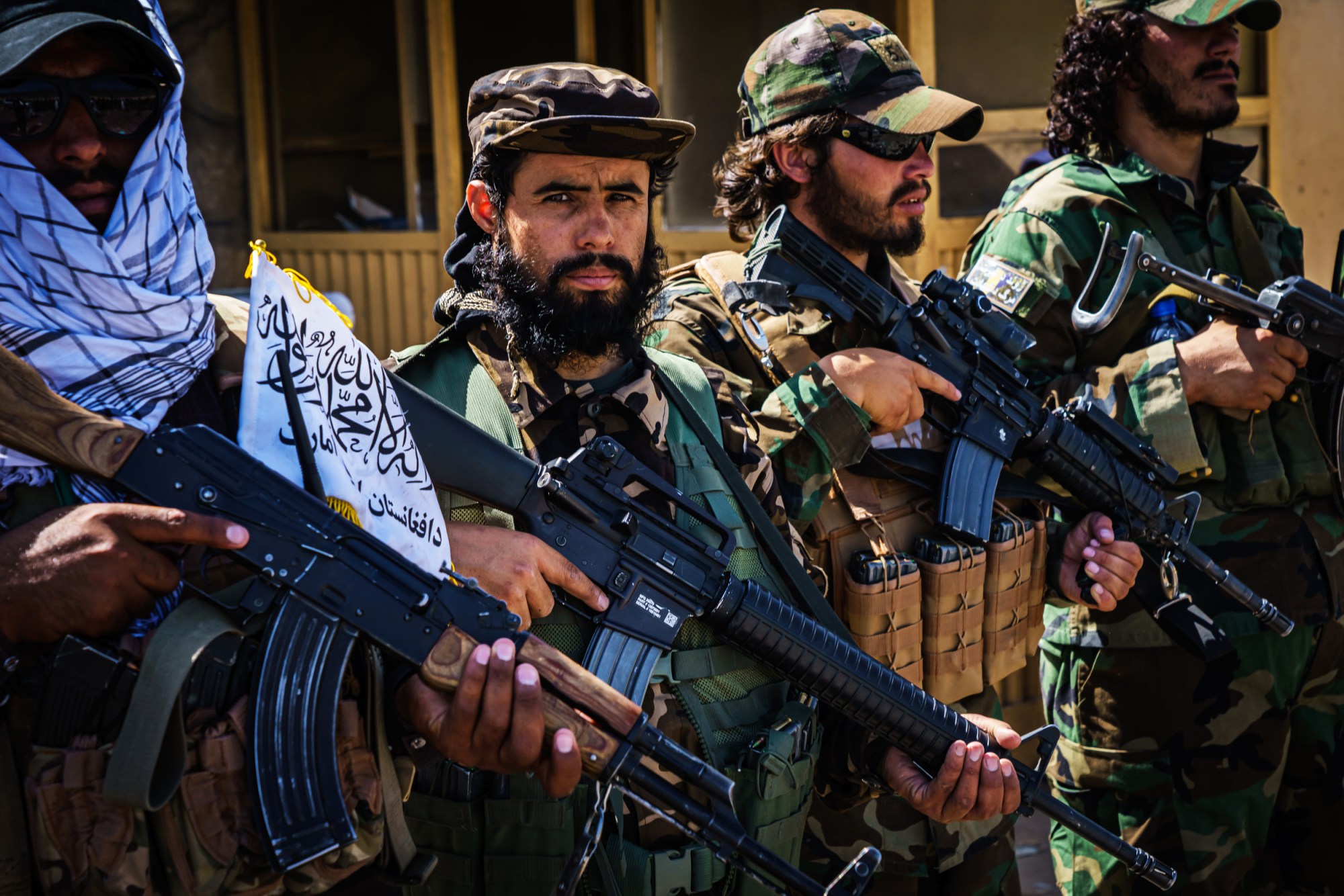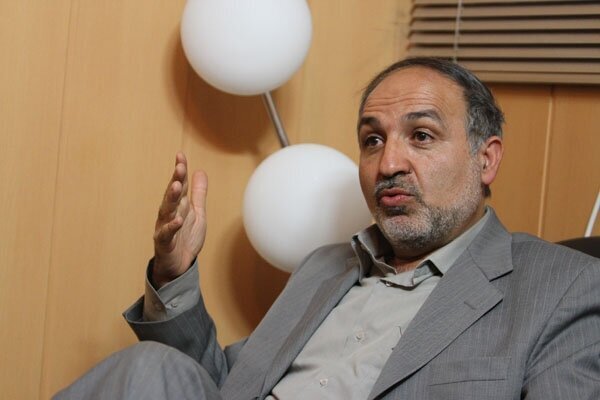The second meeting of the foreign ministers of Afghanistan’s neighbors will be held in Tehran soon while the events in Afghanistan in the last forty years have always concerned the officials of the Islamic Republic of Iran. The deep cultural, religious, linguistic and civilizational ties and commonalities between the two nations have always been a precious factor in the good proximity of the political systems of the two countries at different periods.
- Recent developments in Afghanistan, as one the consequences of the US direct military presence in this country, the contract with the Taliban in Doha, and its subsequent irresponsible withdrawal have led the country to a political, ethnic and regional crisis that may lead to crisis and human catastrophe. Leaving Afghanistan irresponsibly, directed by its representative, Zalmay Khalilzad special envoy of United State, the United States left Afghanistan’s problems to its neighbors and America’s regional rival powers. Khalilzad tried to bring the Pashtun tribe, Ghilzai, to power and remove the Pashtun Durrani and non-Pashtun tribes from the center to weaken the base for compromise between the domestic parties, provide the ground for continued instability and discord, and hinder endogenous development and progress in this area.
- It seems that the new policy of the US, after leaving the region, is to create a scorched land so that its rivals will be unable to enjoy peace and stability in the region. The people of Afghanistan and its neighbors will suffer from extremism, anxiety, and concern; and they will keep relations with neighbors in that state of instability and chaos.
- Since Afghanistan is a multi-ethnic, multi-racial, multi-cultural and multi-lingual country, relative political stability in that country depends on the significant participation of all ethnicities, tribes and religions in government.
- The Islamic Republic of Iran has tolerated the highest cost regarding the Afghan immigrants and the public opinion of the people in Afghanistan with the same language and religion as a neighbor has always expected the Iranian government to support them in natural disasters and events. Women and civil society of both countries have deep intellectual ties and they have practically influenced each other.
- The Taliban are a part of the Pashtun people in Afghanistan who, unfortunately, have been totalitarian in practice so far; some of whom have a long and deep relations with non-Afghan extremists in the region. This exacerbates instability, insecurity and mistrust among countries.
- The gap within the Taliban is a serious issue, and the success of each faction has its own specific consequences.
- The successive political and military developments in the last 40 years in Afghanistan make us to have good relations with all factions and political parties in this country and follow a balanced policy towards the political factions and groups of the country.
- The inability of Kabul to manage its affairs and its lack of capacity to rebuild and administer Afghanistan could have unpleasant consequences for the people of that country and its neighbors. The winter ahead could cause a humanitarian crisis for the people of that country, to which we, as neighbors, will not be able to be indifferent. Therefore, it is necessary to think about the necessary preparations and facilities in this regard at the regional level.
- The long experiences of the past years in Afghanistan show that war is not the solution to the problems of this country. The only solutions to the problems are dialogue and the willingness of all political and ethnic groups for participation and cooperation in the administration of the country; a solution that is not simple but unavoidable. Now, any current, that takes such a path, will not only become popular in the public opinion of its country and expand its social base, but also history will make the best judgments about.
- The countries of the region have always been concerned about the developments in Afghanistan during the past 40 years, because the great foreign powers have directly intervened in this country. The US and NATO in particular have been the undisputed powers in the last 20 years, and countries in the region have always been concerned about the policies of the invading powers through Afghanistan into their territories. Now, with the departure of the great powers from Afghanistan, the countries of the region, including Afghanistan, have a great historical responsibility to be the creators of a peaceful and just movement for the people of Afghanistan after many years of war and conflict, the people whose several generations have been deprived of peace for more than 40 years.

- This assumption has been proven to all Afghanistan’s neighbors that establishing stability and peace in the heart of Asia will bring comfort to all countries in the region; this is not possible unless, due to its multi-ethnicity, all ethnic groups and political currents play a significant role in the government and relieve the hearts of the people of this country, and all neighbors help the central government of Kabul for its economic progress and development.
- The second meeting of foreign ministers of Afghanistan’s neighbors in Tehran will be to solve the country’s problems, the most important of which are: having international legitimacy, comprehensive and meaningful participation of all ethnic groups and currents in power, preparing for immediate economic assistance to the country, encouragement of the rulers of Kabul to resolve the social and humanitarian problems due to the recent developments, and emphasize the preservation of the country’s territorial integrity and independence.
- The flocking of extremist forces from other parts of the world to Afghanistan over the past decades has not only caused suffering and pressure on the people of this country, but has also caused deep concern among all its neighbors. Those in charge of governing Afghanistan should know that extremist currents in this country, with their non-indigenous nature, have not been and are not able to act as a tool to advance the policies of this country at home and abroad; on the contrary, they have caused distrust and division in the region, and far distant powers use them to put the regional policies into practice.
- The United Nations must play its inherent role in Afghanistan and; while facilitating the political process of dialogue between the parties, it must facilitate the provision of assistance to Afghanistan and build trust to prevent the continuity of migration.
By Mohsen Roohi Safat (Former Deputy of Institute for Political and International Studies in the Ministry of Foreign Affairs, Iran)




